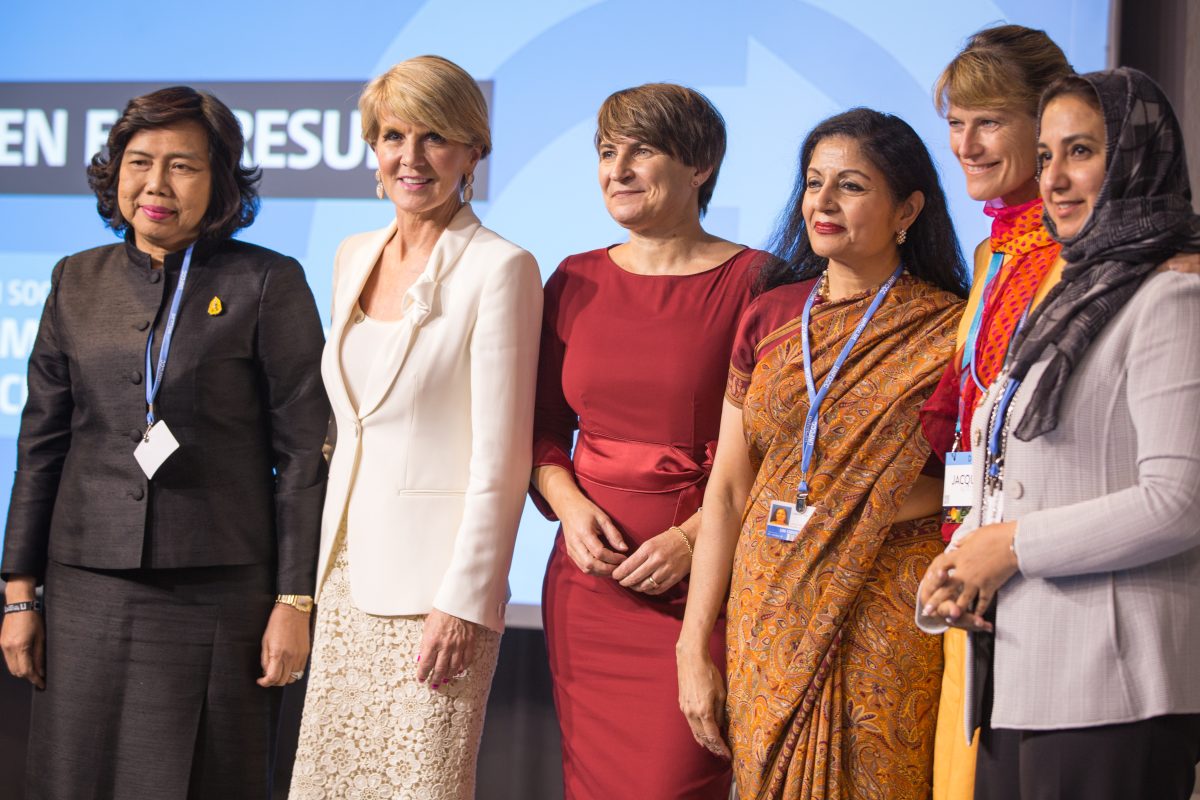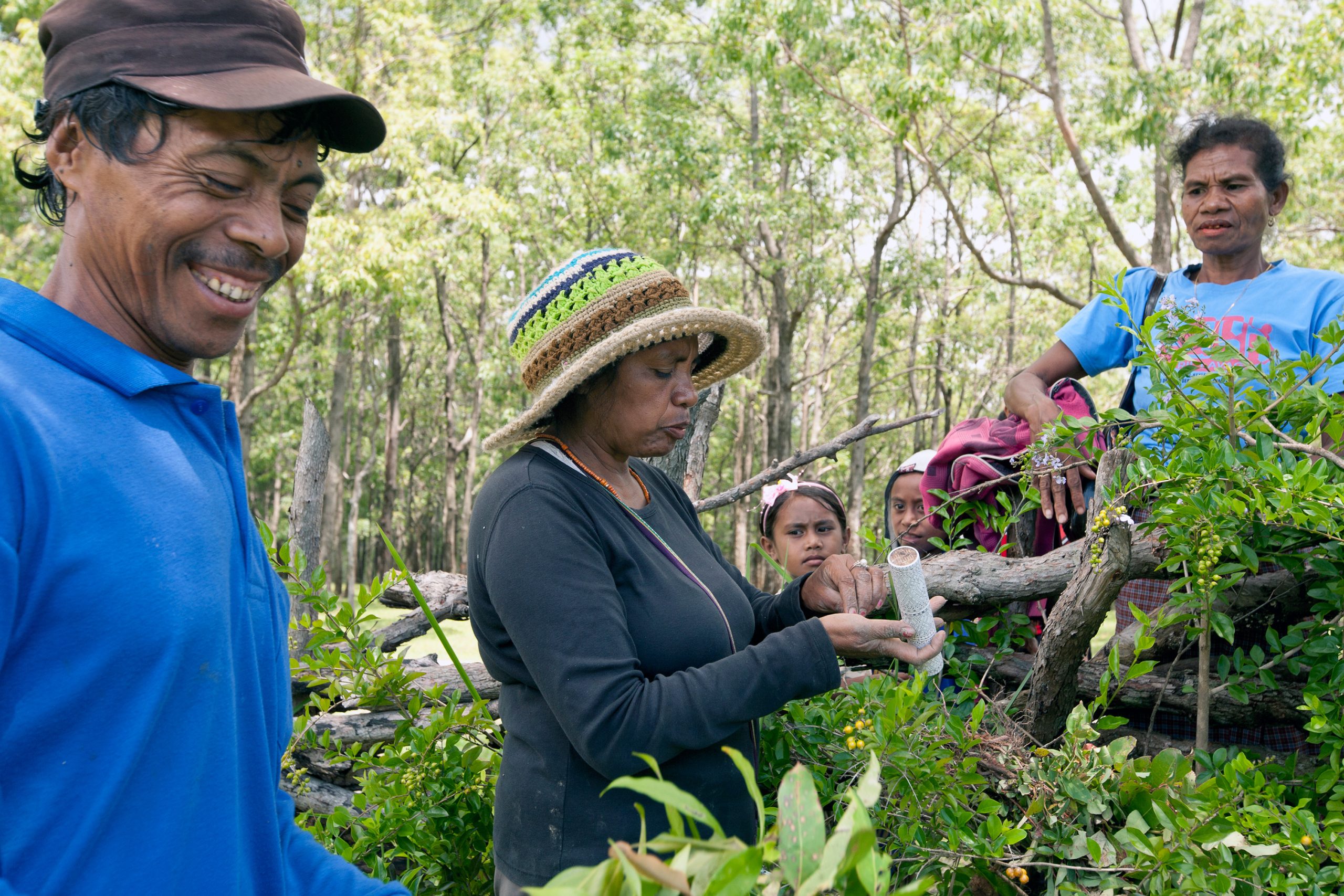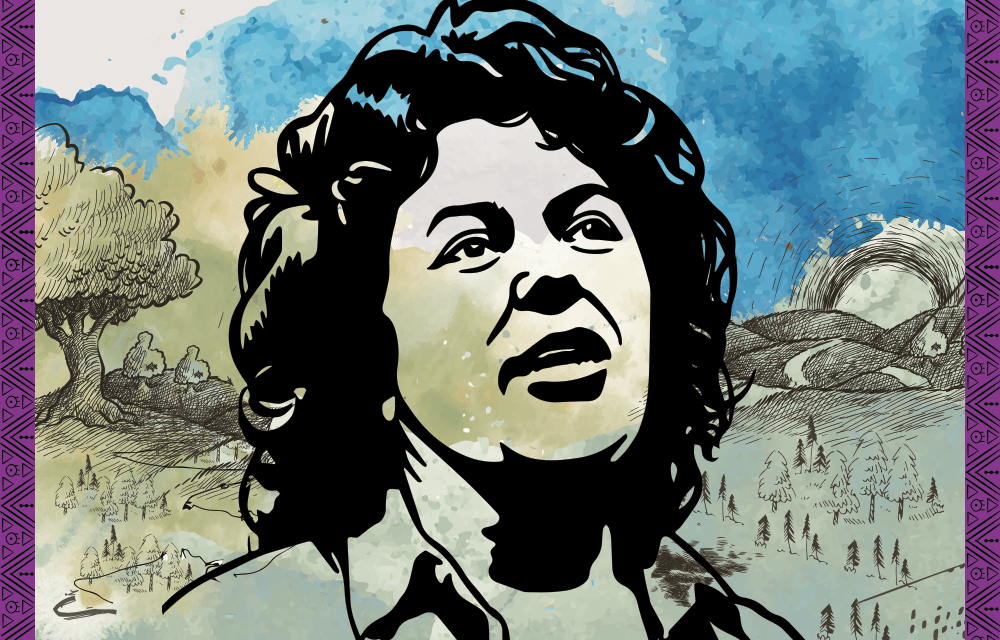Women play a crucial role in environmental justice movements and global change by safeguarding sustainability and community rights, actively transforming and resisting detrimental aspects of modern industrial practices, challenging misogyny, and overcoming invisibility and vulnerability.
Countries with More Female Politicians Pass More Ambitious Climate Policies

This article from Yale Climate Connections found that female representation in national parliaments does lead countries to adopt more stringent climate change policies. The researchers say it’s not just because countries that elect more women also happen to support more environmental protection. In their analysis, they considered all kinds of factors, including the country’s GDP per capita, education levels, and overall political orientation. They found that none of these other factors could fully explain the link between female leadership and climate policies.
Indigenous Women Are Championing Climate Justice

This article by Open Society Foundations explains how Indigenous Mollo people of Indonesia’s Timor Island rely on their natural surroundings—forests, mountains, and water—for sustenance. Unfortunately, the abundance of oil, gas, gold, and marble in their land doesn’t benefit them; instead, 15 mining operations extract resources without consent or fair compensation. In 1996, the construction of two marble mines threatened the livelihood of local women who depended on the forest for food and medicine. Led by Aleta Baun, known as “Mama” Aleta, over 150 women protested by blocking a mine’s entrance for a year. They formed Pokja OAT, supported by the Global Greengrants Fund, an Open Society partner, to fight for their ecosystem.
Violence Against Women Environmental Defenders (WEDs)
This study explores 35 cases where Women Environmental Defenders (WEDs) lost their lives while fighting against environmental injustices. The analysis reveals the continued presence of diversity among these remarkable women, suggesting that there is no singular archetype for Women Environmental Defenders (WEDs) due to the unique contextual nuances inherent to each individual and conflict.

Berta Cáceres was a prominent Honduran environmental and indigenous rights activist. She co-founded the Civic Council of Popular and Indigenous Organizations of Honduras (COPINH) and was known for her tireless advocacy on behalf of indigenous communities in Honduras and her efforts to protect the environment from destructive development projects.
Data Insights
The Environmental Justice Atlas (EJ Atlas) is an online, open-access inventory of environmental distribution conflicts. The EJ Atlas shows that some women were assassinated while fighting a diverse array of extractive and polluting projects. Although the stories showcase a breadth of places, conflicts, social-class backgrounds, and other circumstances between women defenders, most cases featured multinational large-scale extractive companies supported by governments violently targeting WEDs with impunity.
